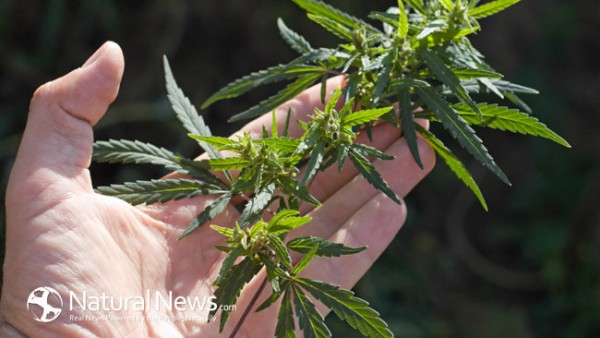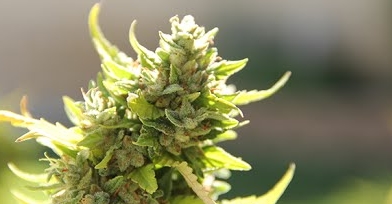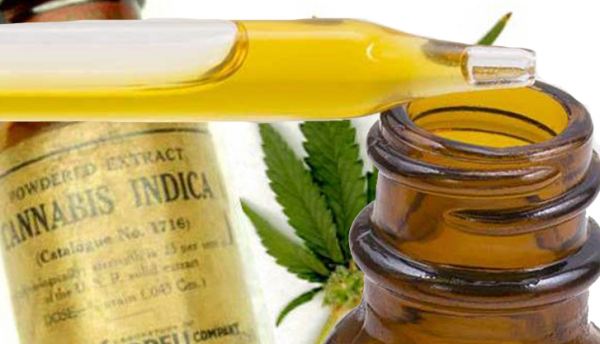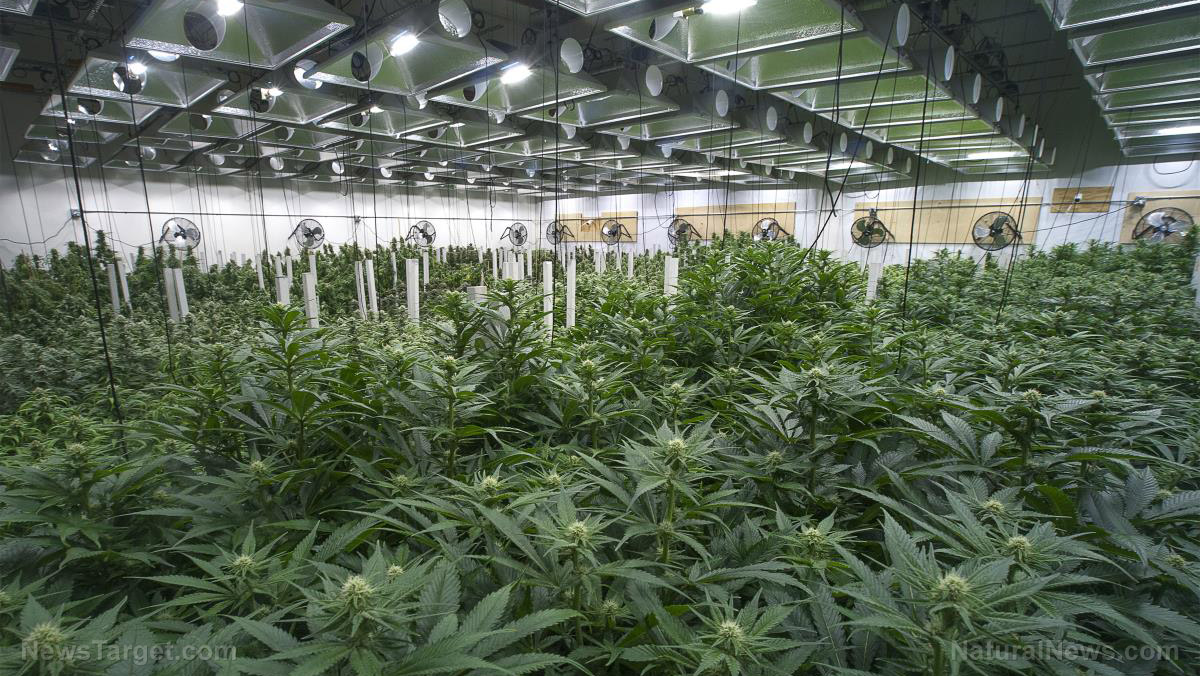Former Big Pharma executive behind Oxycontin now runs a medical marijuana business
12/15/2016 / By Lance D Johnson

John Stewart was at the helm of Purdue Pharma in 2013. He was in the business of making Oxycontin, a prescription opioid painkiller that has addicted an estimated 1.9 million Americans and led to countless overdose deaths. In fact, between 1999 and 2012, accidental overdoses from prescription painkillers quadrupled. In 2015, a gut-wrenching 55,403 lethal drug overdoses were reported.
“There is a lot of anti-opioid sentiment,” says John Stewart. “And certainly based on the social disruption that we’ve seen it’s understandable.”
Stewart still believes that there is a place for powerful opioids in relieving severe and chronic pain, but he now clearly sees how dangerous and addictive these drugs truly are.
In 2013, he left his powerful position with Purdue Pharma, and is now the co-founder of a medical marijuana company called Emblem Cannabis located in Paris, Ontario. Stewart’s shift to the medical marijuana industry is important. It’s a safer medicine for dealing with a multitude of health problems, including seizures, glaucoma and problems associated with the immune and nervous systems. One cannot become physically addicted to cannabis. There are no records of overdose deaths from cannabis, either. In states where medical marijuana is legal, doctors prescribe fewer opioid painkillers. The shift away from opioids to medical marijuana is one that will continue to save lives.
Prescription opioid deaths set to plummet in Canada, as medical marijuana goes mainstream
Stewart became curious about medical marijuana while working at Purdue Pharma. After delving into research, he even considered bringing a drug to market, but his plans never came to fruition. His research did, however, spark a passion to find better ways to deliver the therapeutic properties of cannabis to patients.
Now, his new business, Emblem, has joined Canada’s booming marijuana market, becoming the 35th business to receive its license to grow and sell medical marijuana in Ottawa.
As an investor, Stewart believes that the company can generate $74 million (U.S.) in revenue each year. The commercial cannabis industry is flourishing in Canada because in 2014 the government began requiring that patients buy medical marijuana straight from large scale, licensed growers. Investors are flocking to Canada because the government there (according to many) is on the verge of legalizing recreational marijuana across the entire country. This will ultimately help the estimated 15 percent of Canadians who have prescriptions for opioid painkillers.
Stewart plans to invest his time and money in the pharmaceutical side of Emblem Cannabis. He is spending money on research into different plant strains and dosing, and is investigating the market for various delivery methods including pills, patches, sprays and gel caps.
Stewart says that many of the people in the marijuana industry are skeptical of a former pharmaceutical executive coming in. He says that they are afraid that big Pharma is going to take over the industry.
“These days nobody wants big pharma, particularly in the United States, to do anything,” he says.
He has also met other pioneers in the industry who embrace the opportunity of new capital to strengthen research and improve consistency and quality control.
Starting with cannabis, the shift back to nature’s medicine will begin to cut away at Big Pharma’s violence against humanity. Let’s just hope that the medical marijuana industry doesn’t get overrun with greed. Let’s hope that the profits the industry generates will be used for expanding research into the countless other therapeutic properties of plants on our planet.
Sources include:
ASAM.org[PDF]
Tagged Under: drug overdose, medical marijuana, opioid painkillers


















